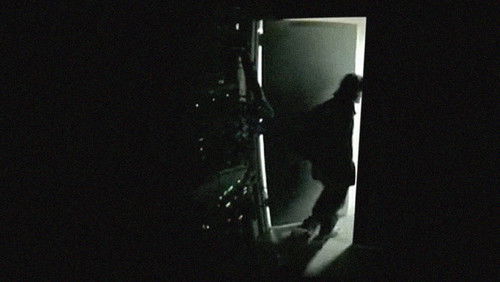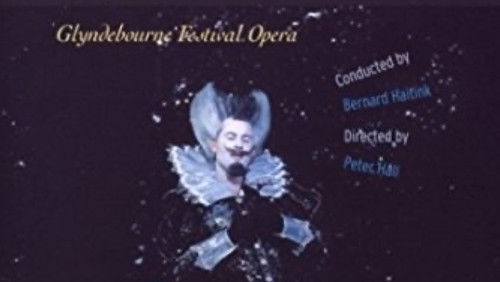Polonaise (1945)
38KPolonaise: Directed by Charles Vidor. With Paul Muni, Merle Oberon, Cornel Wilde, Nina Foch. Biography of Frederic Chopin.
“Knowing that this was Liberaceu0026#39;s favorite film should give you an idea of what this film is like–in fact, his trademark candleabra on the piano was taken from one of the most memorable moments in the film.u003cbr/u003eu003cbr/u003eThis was a high profile production for Columbia in 1945, with lots of money thrown at the sets and costumes, and actually filming in color (remember, Columbia was still a second-rank studio during World War II–usually only spending major money on its Rita Hayworth films). Consequently, this biography of Chopin is beautiful to look at–but a bit overboard at the same time. Itu0026#39;s certainly not minimalist!u003cbr/u003eu003cbr/u003eAs if competing with the lavishness of the design, the acting (particularly by Paul Muni) is waaaay over the top, and the storyline refashions Chopinu0026#39;s life into a very heavy melodrama. The dramatics are so ham-handed that the Harvard Lampoon in 1945 gave the film an award for the u0026quot;ketchup on the keysu0026quot; sequence. Possibly the most interesting aspect of the film (other than its campiness) is how this costume biography is inflected with aspects of 40s film noir. Merle Oberon as author George Sand is the filmu0026#39;s femme fatale, potentially drawing Chopin down the wrong creative path. And, since the film was made while World War II was still being fought, the film has to make allusions to patriotic duty (especially since Chopin was Polish, and World War II officially broke out when Hitler invaded Poland in 1939).u003cbr/u003eu003cbr/u003eSo–you have tons of visual excess, some sumptious renditions of Chopin pieces, and a weird discussion of gender relations and wartime responsibilities. All in all, itu0026#39;s a wild piece of gorgeous junk.”









